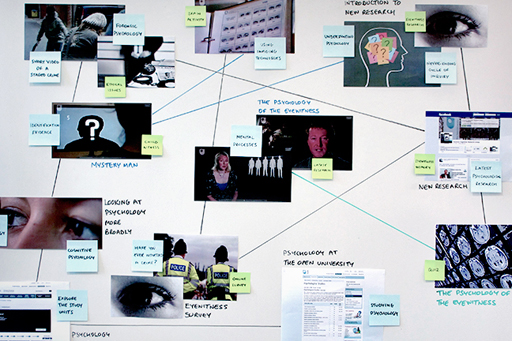4 End-of-course round-up

Congratulations on completing the course!
You started this course by looking at the work of the Innocence Project and discovering that eyewitness misidentification is the primary cause of wrongful convictions. Over the past 8 weeks we have explored many of the reasons why eyewitness memory can be so problematic, including:
- the co-witnessing effect
- unconscious transference
- leading questions
- suggestibility
- change blindness
- false memories
You have also seen that our memories do not operate like a computer, but instead are constructive in nature and can be changed when presented with post-event information or the views of another person.
You’ve learned that we need to be exceptionally careful when dealing with the testimony of an eyewitness and should never rely on eyewitness memory alone.
It also means that police investigations, particularly interviewing and identification techniques, must be based on psychological knowledge if they are to avoid contaminating the memory of a witness and prosecuting an innocent person. A great deal of psychological research has been conducted in this area, and many police forces around the world have been able to improve their procedures as a result.
But we must not be complacent and should always think very carefully about the evidence provided by eyewitnesses.
Hopefully, you have enjoyed this course and it may even have given you some insights into how your own mind works! Psychology is not only a truly fascinating subject, but an extremely useful one too; and one that is valued by a very wide array of employers.
